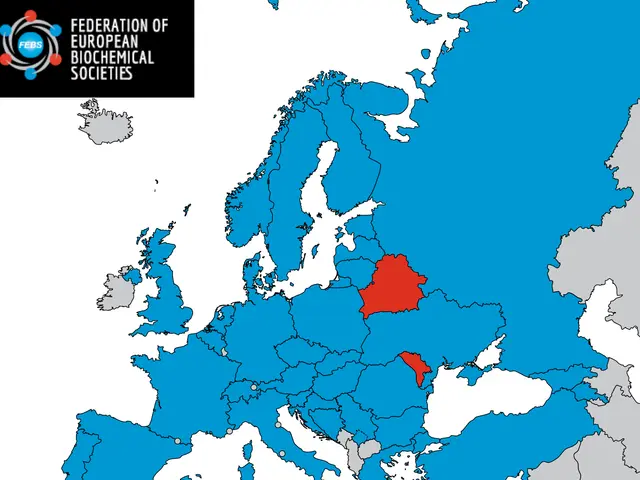UK Universities Team Up to Bridge AI Skills Gap by 2030
Universities are stepping up to help bridge the AI skills gap in the UK, with the government aiming to train 7.5 million workers by 2030. More than a third of the current workforce lacks essential digital skills, raising concerns about labour market competitiveness.
Partnerships between universities and businesses are proving effective. The German multinational Siemens, for instance, collaborated with universities like Technische Universität Dresden and Universität Leipzig to develop cloud-based AI systems for detecting blockages in wastewater pipes. This not only reduces flooding and pollution but also fosters innovation and regional growth.
Universities bring valuable expertise, access to students, and knowledge of learning pedagogies to AI upskilling programmes. They can play a central role in providing skilled workers to organizations, addressing a major obstacle for companies when deciding where to invest. Seven in ten firms agree that access to skills threatens the UK's labour market competitiveness.
Investing in AI skills is crucial for the UK to remain competitive globally. With the government's Plan for Change, universities are poised to support this initiative, working hand in hand with industry partners to upskill workers and fill the skills gap.
Read also:
- Executive from significant German automobile corporation advocates for a truthful assessment of transition toward electric vehicles
- Crisis in a neighboring nation: immediate cheese withdrawal at Rewe & Co, resulting in two fatalities.
- Financial Aid Initiatives for Ukraine Through ERA Loans
- Diagnosing Male Fertility Issues: A Guide to Understanding Male Fertility Evaluations








